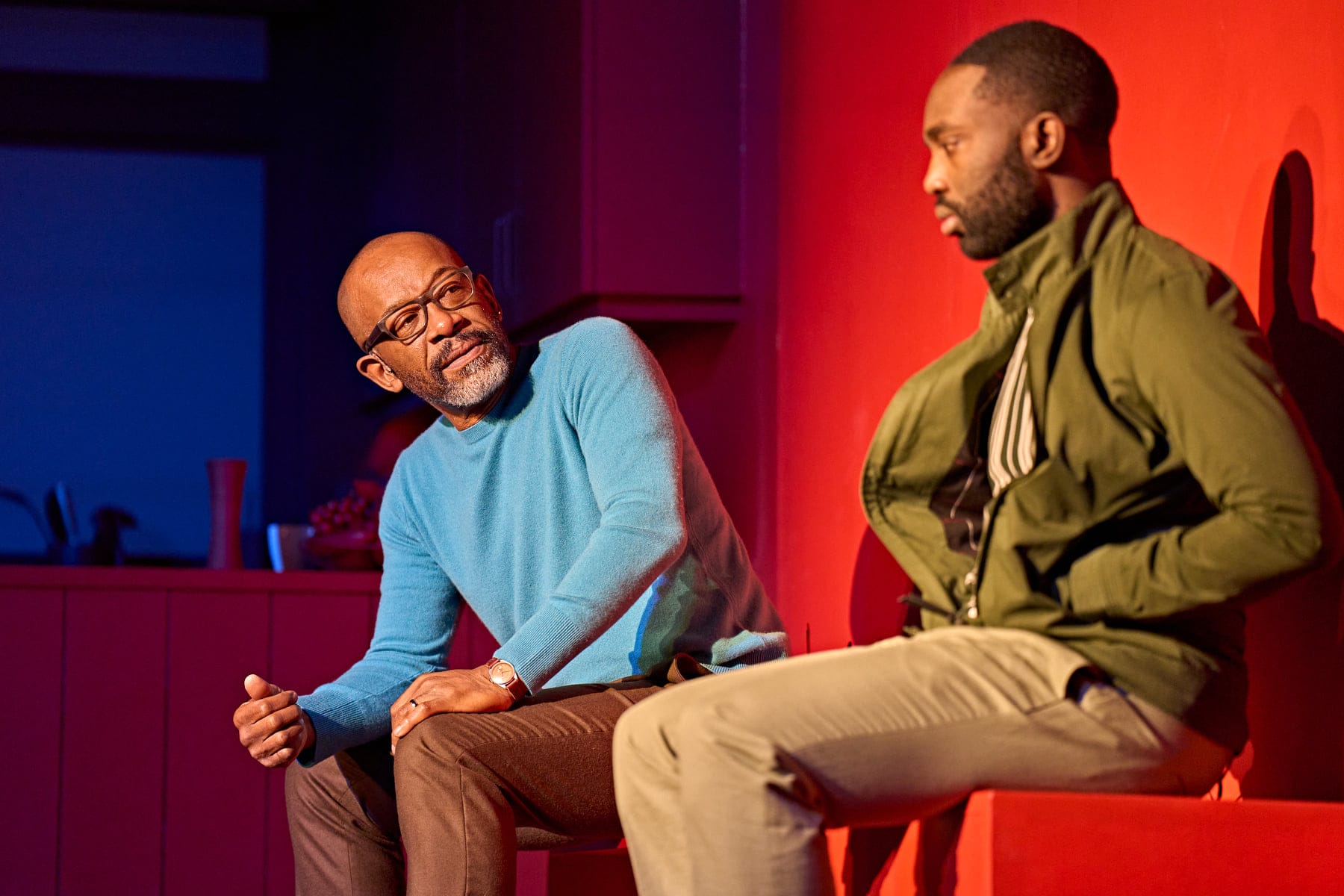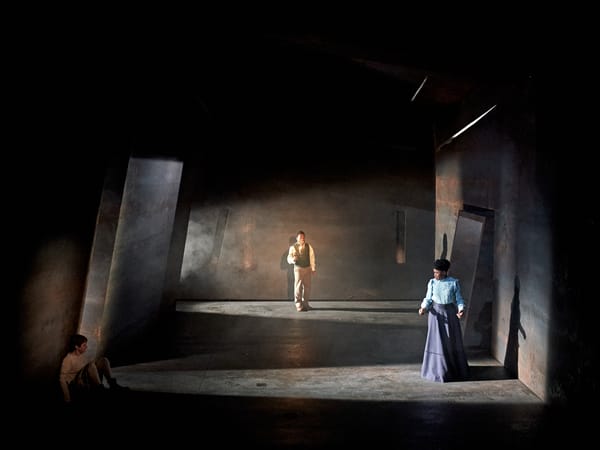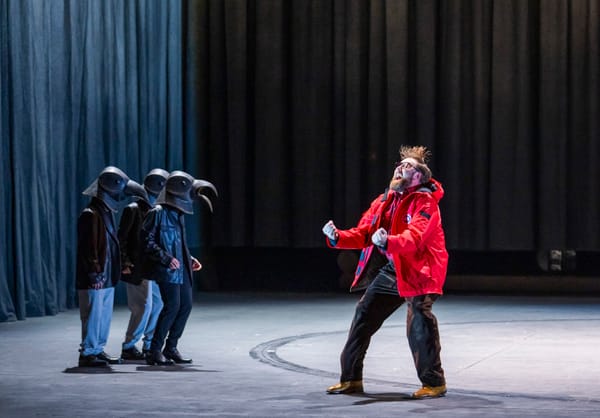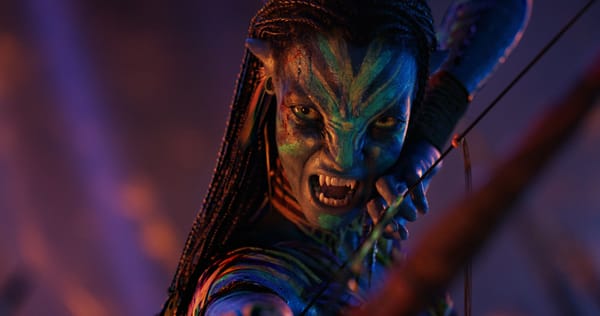A Number - How many copies of me are there?
A Number painfully reminds us of the fatal consequences that scientific hubris can cause.

A Number
★★★★
- What: Theatre
- Where: The Old Vic
- When: Until 19th March 2022
- Cost: From £12
When Caryl Churchill’s A Number premiered around 20 years ago, it was poking into the heated debate about cloning (remember Dolly the sheep?). Technological progress at rapid speed raises novel legal, moral, ethical questions that never seem to have an easy answer. They force us to rethink values that we may have, until now, believed to be fundamental or constant. Who is allowed to create a cloned human? Who is responsible for it? Does someone have the right to not get cloned? When Bernard 2 (Paapa Essiedu) is told that there are multiple copies of him; he confronts his other self, and his father Salter (Lennie James), with these kinds of convoluted thoughts. As the play proceeds we see more of Bernard, well, other copies of Bernard 2: an eclectic collection of personalities.
In all honesty, the discussion on cloning itself seemed a bit outdated. Nowadays we have a plethora of technological utopias & dystopias to draw from; and Churchill’s world felt a little estranged from that to me. Nonetheless, many motives do still find their place in our current times. For example, as each “copy” lives their own life, with their own struggles; they develop their own personality. This inevitably begs the question: To what degree do our genetics determine who we are? What exactly does it mean when my at-home DNA test tells me I am disposed to have sleeping issues?

However, what really captivated me was how this modern technology-laden setting is able to trigger a conflict about one of the most basic human relationships — that between a parent and a child. At the end of the day, this play is about an ageing father confronted with his own mistakes and dubious choices. It is about a grown-up son who despises his father and yet has no other choice than to fight to get his recognition. This is about a human bond, a fragile and volatile thing, but deeply rooted. Independent of when or where we live, this narrative feels very relatable and accessible to me.
While such heavy subjects are accompanied with violent themes in this play, there were many times when I found both the audience and myself laughing; moments that worked to lighten the mood and make the play far more digestible. This is no doubt a testament to the direction (Lyndsey Turner) and the cast did a wonderful job of capturing the appropriate atmosphere. So then: If you find yourself in the mood for a play, one that will leave you with many questions, but which nevertheless incorporates a peculiar charm, give this one a go!









